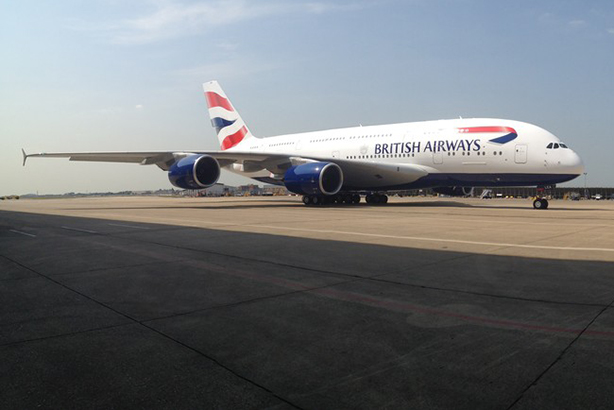
"When I rang on Saturday all I got was voicemails – I eventually got a statement, but it was a three-line statement and I then got no reply to all of my questions about it," said The Sun's Lisa Minot.
She said that a video released on Twitter on Saturday featuring chief executive Alex Cruz was "pretty odd", asking: "Why are you wearing a high-vis jacket in an office?"
— British Airways (@British_Airways)
Minot said the press team appeared to have , and the departure of at least two long-time PR employees – both Michael Johnson and Sophia Procter have handed in their notice recently after around a decade with the airline.
However, Minot also said of BA's comms: "On a day-to-day basis their PR has been excellent – when they’re dealing with a non-crisis issue, it’s really good." She said she had received 16 press releases from them in the last eight weeks, commenting: "They're pumping it out."
±±ľ©Čüłµpk10's sister title PRWeek has contacted BA for comment, but received no response to questions by the time this story was published. The agency Grayling, which , has not been involved.
Paul Charles, who works with various airlines as founder of The PC Agency, and was previously comms director of Virgin Atlantic, said: "The communications chain of command failed badly last weekend and the army of advisers – internal and external – around the world will need to explain why processes designed to protect BA collapsed."
Delayed response
"Passengers will still use BA, but largely because they do not have a better option – particularly if they are flying from regional airports. However, this fiasco will do lasting damage to the brand. They took too long to respond and too long to give customers accurate information. Essentially, BA has to change its comms processes," he said.

Barnaby Fry, head of crisis at MHP, said that while in crises it was sometimes preferable to avoid using a chief executive to front a response, the "scale of the issue required it" in this case. "The chief executive did not appear early enough," he said.
He also said that the crisis came after years in which BA's brand has faced a number of smaller hits – with complaints over charging for food, changes to its loyalty points scheme and business class configuration all getting a frosty public reaction.
"I think this is a culmination of a bigger brand issue for BA. For a long time there have been a lot of disgruntled customers. This particular issue will be tomorrow’s chip paper, but as a brand they need to think about how they are communicating to build up customer loyalty."
Minot and others agreed with Fry that BA's brand is in decline. "Increasingly, I’m seeing people complain about their standards and how they’ve dropped too far," she said.
The timing of this particular crisis was particularly unfortunate, said Bell Pottinger partner Philip Pank, a former transport correspondet at The Times.
Unexpected news bonanza
"This is the worst crisis to afflict the BA brand since the cabin crew strikes of 2010. These events inevitably happen at the worst possible time for the airline – and its passengers. The IT failure struck as thousands of passengers prepared to fly away for the bank holiday weekend and families headed to the sun for half-term. The fiasco left news desks with an unexpected news bonanza.
He suggested the airline now needed to run "a concerted consumer campaign" in order to "try to reassure potential passengers that their summer plans won't be affected. BA has weeks to beat the summer rush and avoid a longer-lasting blow to its reputation".
Jules Ugo, MD of agency Lotus, had advice for what BA should do next. "The weekend has cost BA £360m in market capitalisation loss, before any compensation payments are made – a huge burden in an already challenging climate. Going forward Cruz needs to inform, update and apologise; and repeat."
Deborah Watson, founder of the agency Lexia, that what happens would be crucial for BA.
"To my mind, the biggest PR failing for British Airways is not the one that exists in the here and now. The biggest PR failing, without any shadow of a doubt, is if they choose not to address their communication approach and significantly exceed customer expectation from here on in," she wrote.
A version of this article originally appeared on .



.jpg)
.jpeg)
